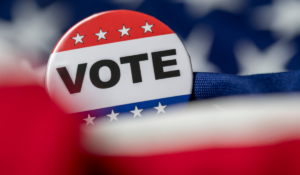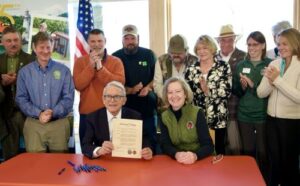19 Power Outage Safety Tips for Winter

The drop in temperatures and more snow falling this week could cause power outages in the area. However, it is important that you remain vigilant of any sustained electrical damage. If you are ever in doubt it is always best to consult a residential electrician. The nonprofit Federal Alliance for Safe Homes (FLASH) offers the following tips to keep families safe and comfortable:
Family Safety
1. Include power outages in your family disaster plan, identifying alternate means of transportation and routes to home, school or work.
2. Keep extra cash on hand since an extended power outage may prevent you from withdrawing money from automatic teller machines or banks.
3. Keep your car fuel tank at least half-full, gas stations rely on electricity to power their pumps.
4. During a power outage, resist the temptation to call 9-1-1 for information–that’s what your battery-powered radio is for.
5. Turn off all lights but one, to alert you when power resumes.
6. Check on elderly neighbors, friends, or relatives who may need assistance if weather is severe during the outage.
7. Keep a supply of flashlights, batteries and a battery-powered radio on hand. Do not use candles as they pose a fire hazard.
Keeping Warm
8. Put on layers of warm clothing. Never burn charcoal for heating or cooking indoors. Pile on the layers of socks, hats, gloves, coats! It’s important to keep as warm as possible.
9. If you are using an electric furnace, a gas heater or a fireplace to stay warm, be sure the area is properly ventilated. Contacting an electric furnace maintenance specialist should be your next step if you notice any immediate issues with your heating system. If you haven’t already got a furnace installed in your home, it’s time to get one! If you want to learn more about the installation process, you can Read More here.
10. Go to a designated public shelter if your home loses power or heat during periods of extreme cold. Text SHELTER + your ZIP code to 43362 (4FEMA) to find the nearest shelter in your area (example: shelter 12345) Some people feel embarrassed going to public shelters but don’t be! It’s important that you’re kept safe and warm, particularly during the winter.
Food
11. Keep a supply of non-perishable foods, medicine, baby supplies, and pet food as appropriate on hand. Be sure to have at least one gallon of water per person per day on hand.
12. Avoid opening the fridge or freezer. Food should be safe as long as the outage lasts no more than four hours.
13. Have one or more coolers for cold food storage in case power outage is prolonged. Perishable foods should not be stored for more than two hours above 40 degrees Fahrenheit.
14. If you eat food that was refrigerated or frozen, check it carefully for signs of spoilage.
Generators
15. Do not run a generator inside a home or garage. Use gas-powered generators only in well-ventilated areas.
16. Connect only individual appliances to portable generators.
17. Don’t plug emergency generators into electric outlets or hook them directly to your home’s electrical system – as they can feed electricity back into the power lines, putting you and line workers in danger.
When Power Returns
18. When power comes back on, it may come back with momentary “surges” or “spikes” that can damage equipment such as computers and motors in appliances like your refrigerator, washer, furnace, or air conditioning unit. With this in mind, if you do notice any faults, then before you continue to use your HVAC system, it is strongly recommended that you reach out to an HVAC system expert for advice, as some repair work might be necessary.
19. When power is restored, wait a few minutes before turning on major appliances to help eliminate further problems caused by a sharp increase in demand.
For more information, tips and resources for winter safety visit www.protect-your-home.org or www.greatwinterweatherparty.org.









